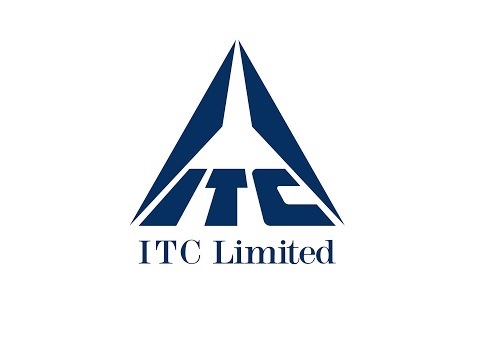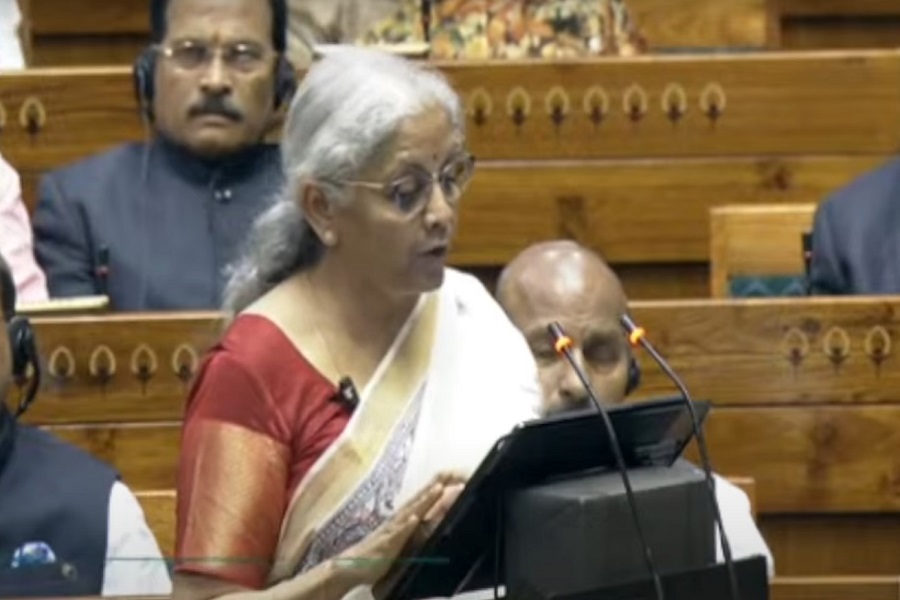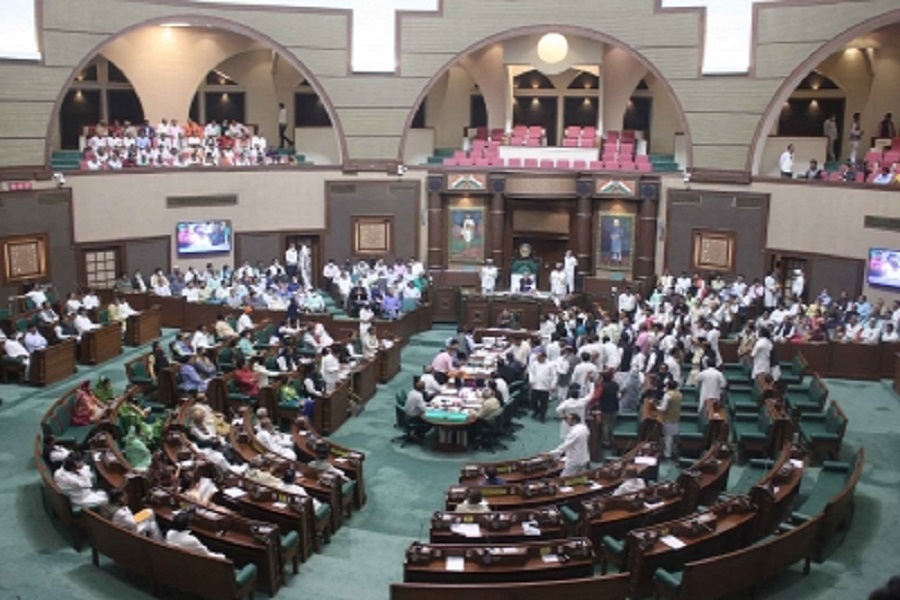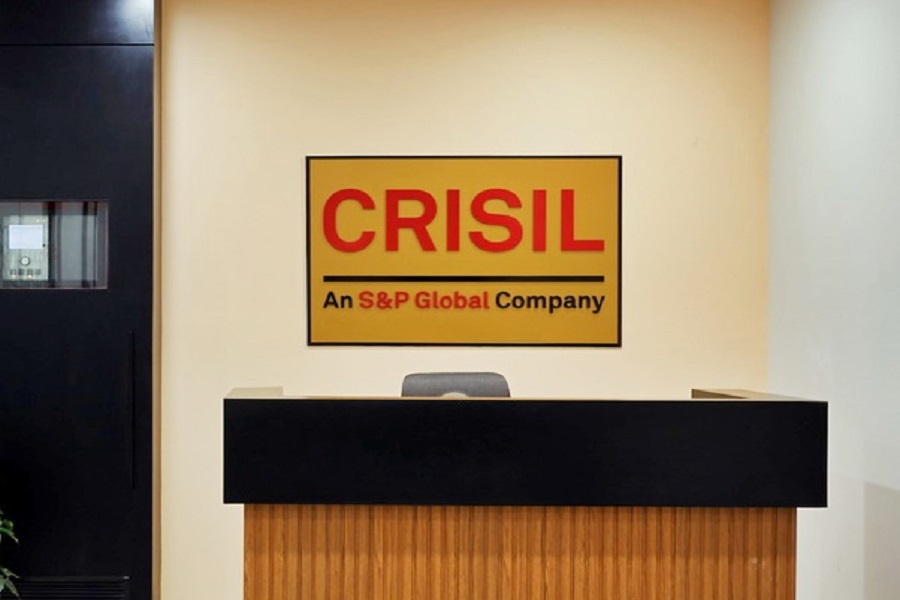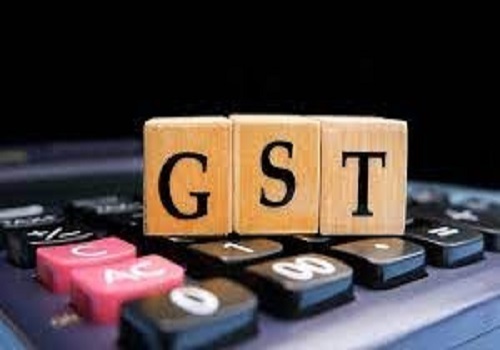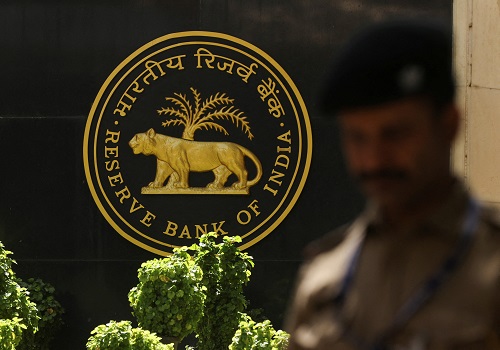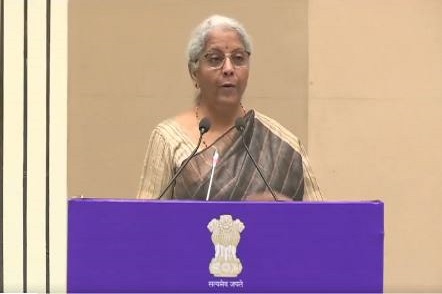Finance Minister to launch New Pension Scheme 'Vatsalya' for children on Sep 18

Finance Minister Nirmala Sitharaman is scheduled to launch the New Pension Scheme (NPS) 'Vatsalya' in New Delhi on September 18, which will be joined by schoolchildren.
Announced in the Union Budget 2024, the scheme will allow parents to contribute a certain amount on behalf of their children towards NPS to secure their future and help them develop a retirement fund.
As part of the launch in New Delhi, NPS Vatsalya events will be organised simultaneously at nearly 75 locations throughout the country, according to the Ministry of Finance.
Finance Minister will also launch an online platform for subscribing to NPS 'Vatsalya', release of scheme brochure, and distribute PRAN cards to new minor subscribers.
Other locations will join the launch through video conference and will also distribute PRAN (permanent retirement account number) membership to new minor subscribers in that location.
“NPS 'Vatsalya' will allow parents to save for their children’s future by investing in a pension account and ensure long-term wealth with the power of compounding,” said the ministry.
NPS 'Vatsalya' offers flexible contributions and investment options, allowing parents to make investment of Rs 1,000 annually in the name of the child, thus making it accessible to families from all economic backgrounds.
This new initiative is designed to start early in securing financial future of children, marking an important step in India’s pension system. The scheme will be run under the Pension Fund Regulatory and Development Authority (PFRDA).
“The launch of NPS Vatsalya highlights the government of India's commitment to promote long-term financial planning and security for all,” said the ministry.
The scheme allows children to withdraw a portion of the accumulated corpus as a lump sum and receive the rest as regular pension payments.



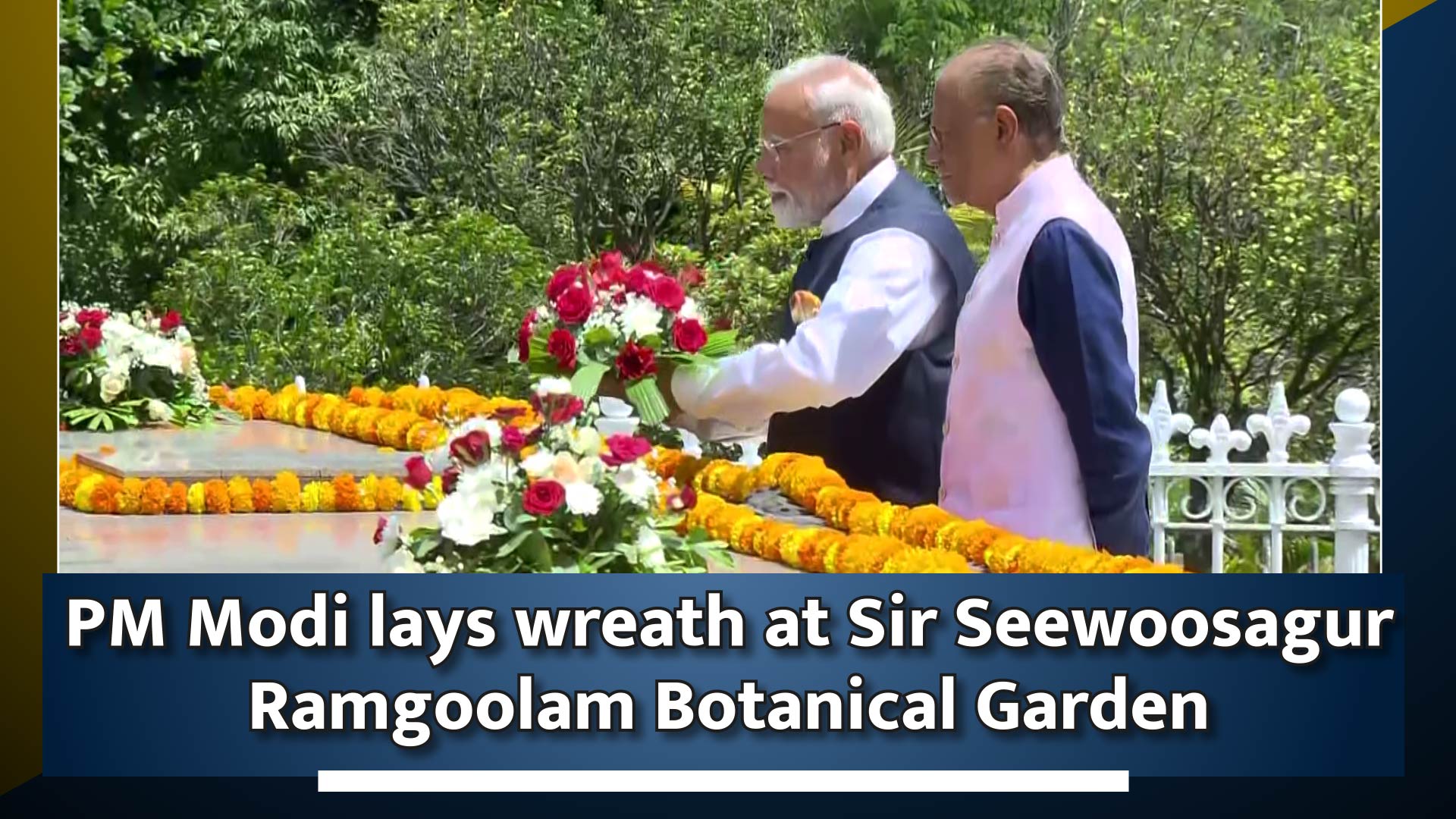



.jpg)

